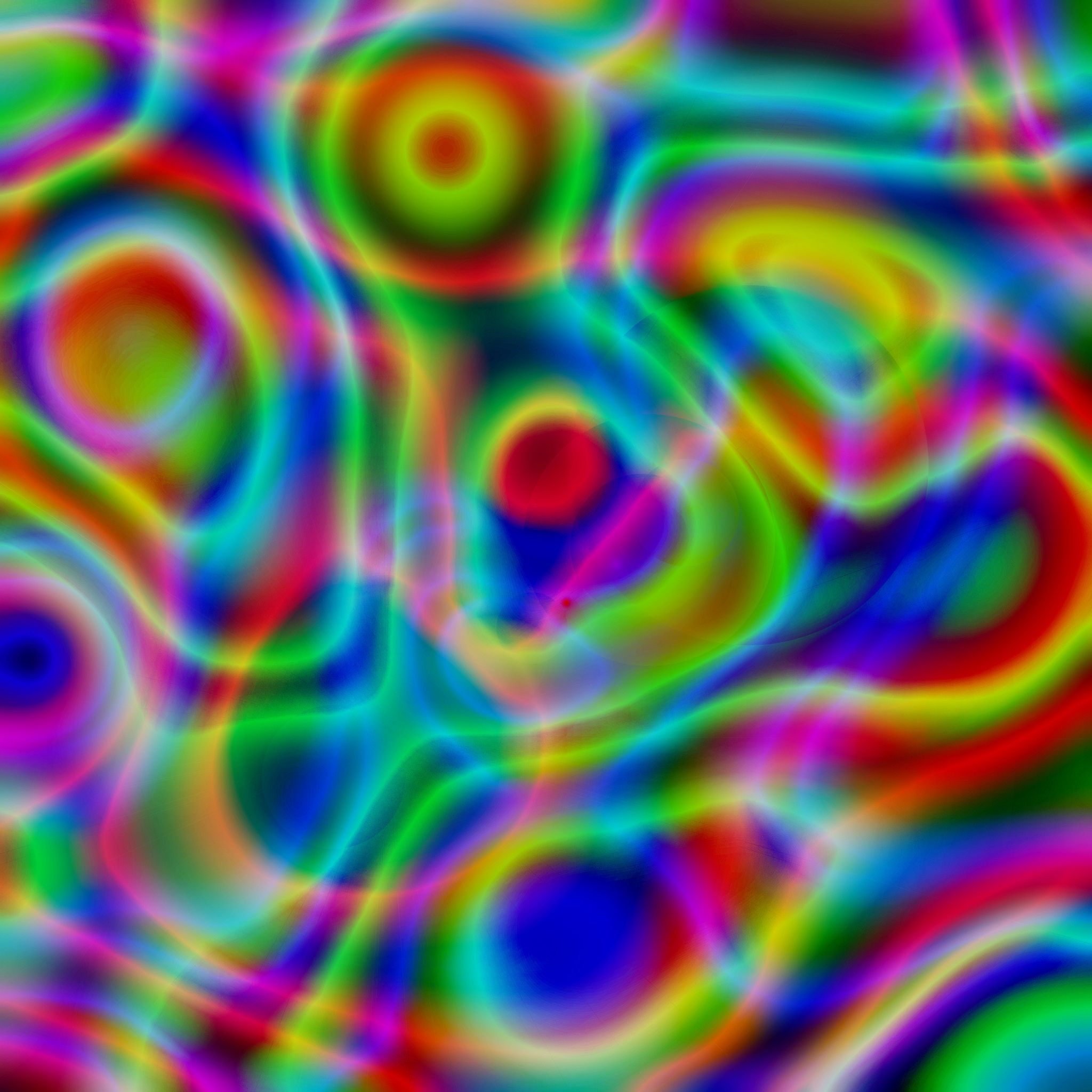
It's a psychedelic trip, without the psychedelics.
Scientists have created a machine that produces vivid hallucinations mimicking the powerful experience of taking magic mushrooms.
Researchers at the Sussex University's Sackler Centre for Consciousness Science in England made the virtual reality experience, the Hallucination Machine, to study how the brain processes the world and how that differs from reality and being in an altered state of consciousness without having to give test subjects drugs.
Using virtual reality headsets, participants are immersed in a modified version of Google's DeepDream— a computer program designed to enhance patterns in images that produces hallucinogenic results — as they walk through the university campus.
The twelve volunteers tested reported visual hallucinations similar to those participants experienced after taking psychedelics, especially psilocybin, the ingredient in magic mushrooms that makes users trip, according to results published on Nov. 22 in Scientific Reports.
While the machine can simulate the hallucinations, it won't give users the skewed sense of time that often comes with the use of psychedelics, the report found.
The investigation into the brain on psychedelics is still in its early stages, but the machine "provides a powerful new tool to complement the resurgence of research into altered states of consciousness," the report states.
The team is celebrating the use of virtual reality to better understand the brain and says using the tool has just begun.
"The potential for VR in neuroscience is enormous and is just getting going. In five years, it's going to be game changing," said Sackler Centre co-director, Anil Seth.
This isn't the first time technology has been used to explore altered states of consciousness — neuroscientist Dr. Michael Persinger created the "God helmet" in the 1980s to study how the brain experiences higher states of consciousness.
And in April, brain scans found that people who take LSD, psilocybin, and ketamine experience "heightened states of consciousness."
Uncommon Knowledge
Newsweek is committed to challenging conventional wisdom and finding connections in the search for common ground.
Newsweek is committed to challenging conventional wisdom and finding connections in the search for common ground.
About the writer
Lauren is a breaking news reporter. Before Newsweek, she worked as a reporter for The Brooklyn Paper covering local news and ... Read more





